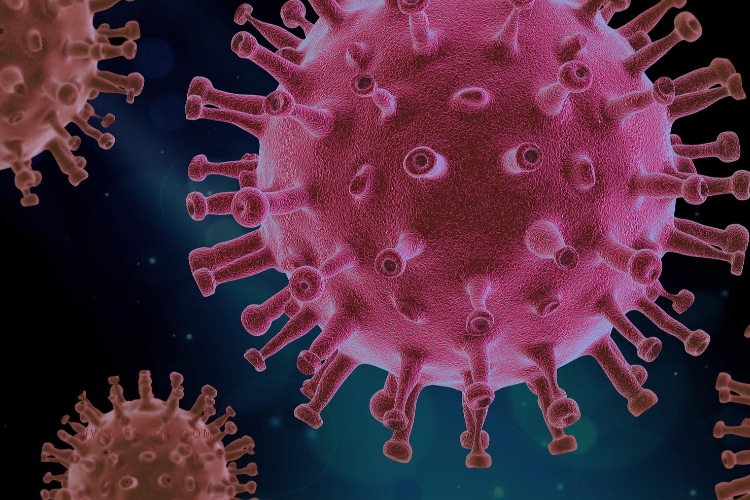
How You Can Reduce Your COVID-19 Risk in an Office
You might anxiously await returning to the office or have hesitations in a COVID-19 world. Whatever emotions surround getting back to the nine-to-five, you should safeguard your physical health. In light of the coronavirus pandemic, such actions mean taking extra measures to prevent infectious disease. Here are seven ways to reduce your risk.
Table of Contents
1. Beef up Your Immune System
Think of your immune system like your military and give your soldiers the provisions they need to battle bugs. An army marches on its stomach, so eat a plant-based diet high in vitamin C-rich foods like red peppers. However, most well-nourished soldiers can’t fight when out-of-shape. Make regular exercise a priority, as well.
Your body produces infection-fighting proteins when you sleep, so get adequate rest — approximately seven or eight hours nightly.
2. Communicate with Your Employer
Hopefully, your employer treated COVID-19 with requisite respect and has taken measures to disinfect your workspace. Mentally prepare yourself for a health screening process that may involve having a handless temperature reading before you can report to your desk. They might ask you to cooperate with contact tracing measures if you do test positive.
3. Establish Hand Sanitizer Stations
Your office can hire the most efficient sanitation team, but they can’t shadow everyone spraying disinfectant everywhere. Think about your typical workday — you go out to lunch, swing by the store on your break, and take a minute to collect your thoughts on a public bench that heaven-knows-who recently touched.
You use your hands a lot, so if your workplace hasn’t already done so, install hand sanitizer stations. Keep the container on your desk filled and consider investing in a mini bottle to keep on your keychain when you need to run errands.
4. Keep the HVAC System Clean
Back in 1976, a group of people who attended a convention in Philadelphia became sick with a rare type of pneumonia. They contracted the illness after the Legionella bacteria spread through the HVAC system.
You probably have no idea how frequently your employer has your HVAC system serviced. While it’s uncommon for diseases to spread through this method, it does happen. If you have an influence on a decision-maker and feel safe, ask. If not, you do get limited protection from wearing a mask, although it won’t stop all germs. According to the National Libraries of Medicine, the use of these devices in conjunction with handwashing reduced infection rates.
5. Wipe Frequently Touched Surfaces
Cleaning crews logistically can’t keep up with everyone’s hands. They’re only human, and mistakes and accidental omissions happen. It’s a good idea to set aside time to deep clean your workspace upon returning to the office. Keep your space as germ-free as possible on an ongoing basis by investing in sanitizing wipes and disinfecting items like computer mice and light switches frequently.
6. Paint Your Nails and Wear Glasses
Health officials love to tell you to keep your hands away from your face, but it’s challenging to undo years of ingrained behavior overnight. Give yourself visual reminders to keep a hands-off policy by painting your nails an unusual hue. The momentary shock you feel when spying fluorescent pink might give you enough pause before you rub your eyes.
Speaking of your peepers, you might want to switch to glasses if you wear contacts. While there’s no evidence that the novel coronavirus transmits when you touch your eyes, why take the risk? Wearing lenses could make you run to the restroom to fix them when you get a lash caught, touching countless germy surfaces.
7. Wash Your Hands
The best way to slow the spread of any infectious disease involves washing your hands frequently. You should do so before you eat a meal, so get in the habit of lathering up before you take your lunch break. Get sudsy for at least 20 seconds and use a paper towel when opening the door to reduce the risk of contamination from those who aren’t quite as mindful.
Reduce Your COVID-19 Risk When You Return to the Office
When you return to work, reduce your risk of having to take a series of sick days soon after. Follow a few thoughtful tips to reduce your risk of infectious disease.






